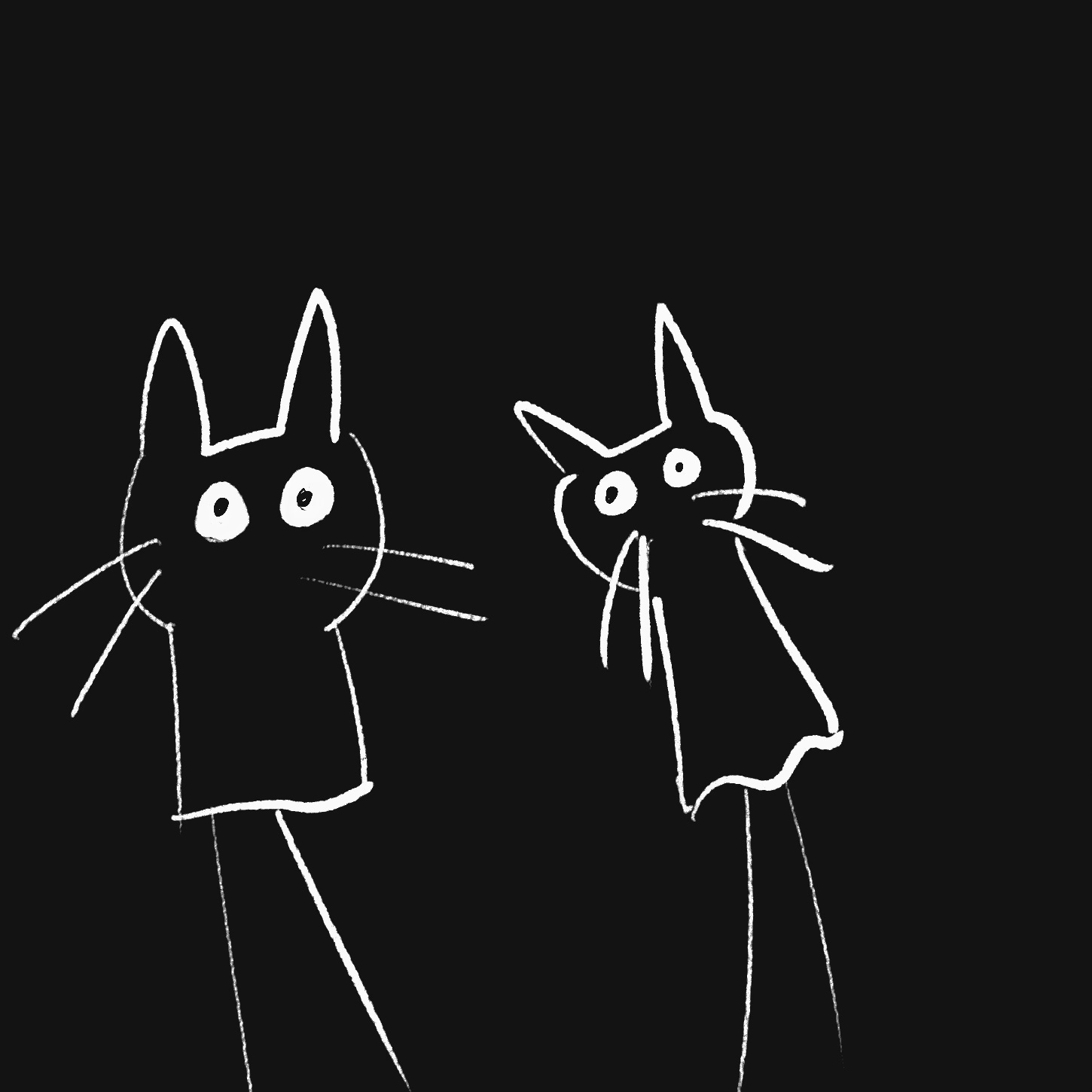I've always been constantly conflicted about consistency (sorry for the bad alliterations). I am of course talking about intentionally doing something again and again with the hope that there is progress.
Consistency is what everyone wants you to do, and in this age, when I say everyone, it means the algorithms that govern our daily lives.
Consistency is the cornerstone of modern hustle culture and I have listened to countless content creators tell me to be consistent in what I do.
But something about it irks me.
Here goes my conspiracy theory. Let me quickly wear my tin foil hat.
Queue the suspenseful music.
First of all, what is consistency? It is essentially maintaining a steady level of effort in a specific direction.
In the current age of late-stage digital capitalism, one has to be on the internet to be relevant.
A couple of years back, content used to be a good-to-have side product for a brand. This includes people as well.
But systems are changing at such a pace that, now social media platforms are inevitable. Many a time, brands start with content before their product. Even people build their personal brands first on these platforms before they even give out any services.
In fact, social media platforms become the petri dish and content is the first cell that we hope to see multiply and take shape.
Everyone creates content on these platforms, and content feeds the algorithms. The algorithm is happy but the algorithms always hungry for more.
Feeding algorithms is like feeding a black hole. It keeps wanting more and more. Why? Because the core supporting structure of these platforms needs it to sneak into your life. Yes, I am talking about advertisements. Without ads, these platforms don’t have money to keep the engine running. So we need to keep creating more and more content.
One of the biggest side effects of this algorithm age is that it has pigeonholed creators into making specific types of content. When it comes to content, there are generally two aspects to consistency.
Consistency in schedule and consistency in the nature of content.
Algorithms of these social media punish you for inconsistency. Not sticking to the release schedule, moving away from the type of content, and even changing the length or the platform feature used, can destroy your hard work.
In fact, there is an optimum number of times you have to post on different social media to be consistent. Adobe has done this work for the world. It ranges from one to two posts on Facebook every day to two to five posts every week on LinkedIn.
Why would platforms do this?
These platforms say that consistency in content helps the creators connect with their audience, find more like-minded people and not let the audience down by meeting their expectations.
But we all know that it’s easier for these platforms to reach the exact customer that the ads want to if the medium carrying them (the content) is consistent.
Let’s recap. First, the algorithms want you to release consistent content and you are rewarded for this consistency and punished severely for breaking it.
Now, tons of people found this success on the internet and they want to help others get the same level of success (humans are wholesome…sometimes). So they advise you to be consistent.
The loop is as follows:
Start making content because it is inevitable.
You are rewarded for consistency.
You double down on consistently creating content.
You become successful.
You help others by telling them how to be successful where consistency is the key.
You consistently make content about consistency.
You are rewarded again.
The audience not only hears the advice but sees the success of this advice.
They follow the advice by being consistent.
They get rewarded.
Cycle continues.
So my problem is not with any creators or even the algorithm as a whole, but rather just with this side of the algorithm. The side that stifles experimentation and freedom of creation. The side that pushes consistency and makes us one-dimensional.
So consistency is bad now?
Not exactly and I will try to wriggle my way into explaining it.
We go back to a time not too long ago. A time when Malcolm Gladwell looked younger and he wrote a smashing success of a book called a tipping point. In the book Tipping Point, he talked about the 10,000-hour solution to mastering something and being successful at it.
Consistency makes us put in the hours and eventually form habits. These habits essentially help us hone our craft, learn stuff and climb out of the valley of despair and frustration. I genuinely think that helps us get better and Angela Duckworth, a famous behavioural scientist, has research to prove it. She even wrote a book about it.
If I rephrase consistency to ‘practice’ then it suddenly makes more sense and the age-old boomer advice just fits right in.
I think this is one of those rare instances where system objectives or incentives just align perfectly. Social media companies love consistency from creators. They get the maximum revenue, keep the platform relevant and collect all the data. All the while the creators, being forced to be consistent, get better at making content, pushing their own boundaries and making money.
Now this sounds too good to be true. The pessimist in me just won’t shut up.
Slowly this beautiful equilibrium spirals out of control. The real problem with consistency is the mental pressure it puts on people. The effect of consistency on your mental health becomes apparent quite fast. Creator burnouts are too real. There is a really good New York Times article on this. I happened to do a project on OnlyFans creators a while back and one of the biggest problems they face is burnout. Like how Adobe suggests, you need to post 1-2 reels along with an image or a carousel post every single day to stay relevant. Not to forget the consistency in the nature of the content and something relatable, useful or entertaining to the niche. That’s a hell lotta consistent work. Google and Meta have pages dedicated to dealing with creator burnout. The links for them will be in the show notes and newsletter.
So in the current set of systems; social media, businesses, art, fitness, craft and so on, consistency is apparently the key.
Now, this is the part of the show when I should say the phrase ‘I don’t know’, but this time I have rephrased the question. Instead of asking if is consistency really the key, the new question is should consistency be this important?












